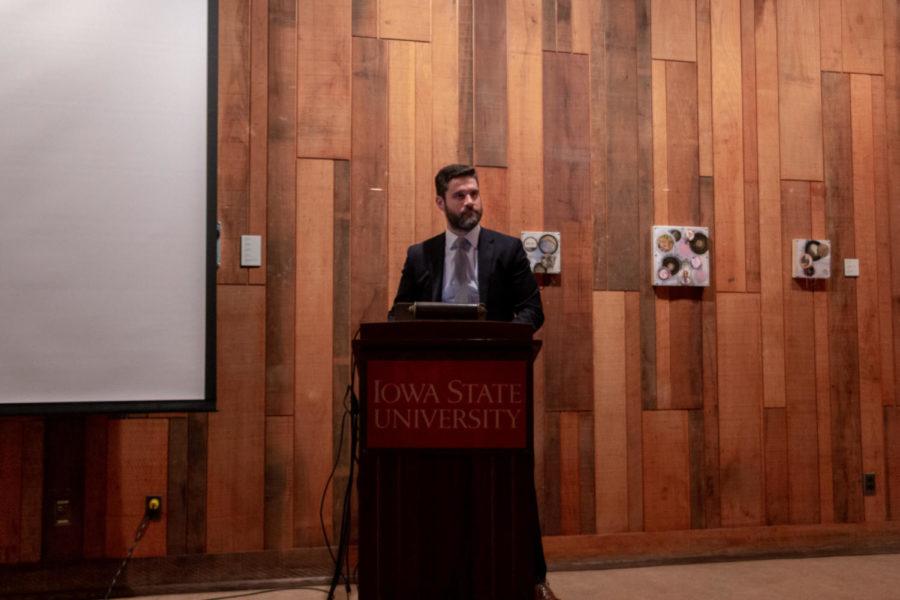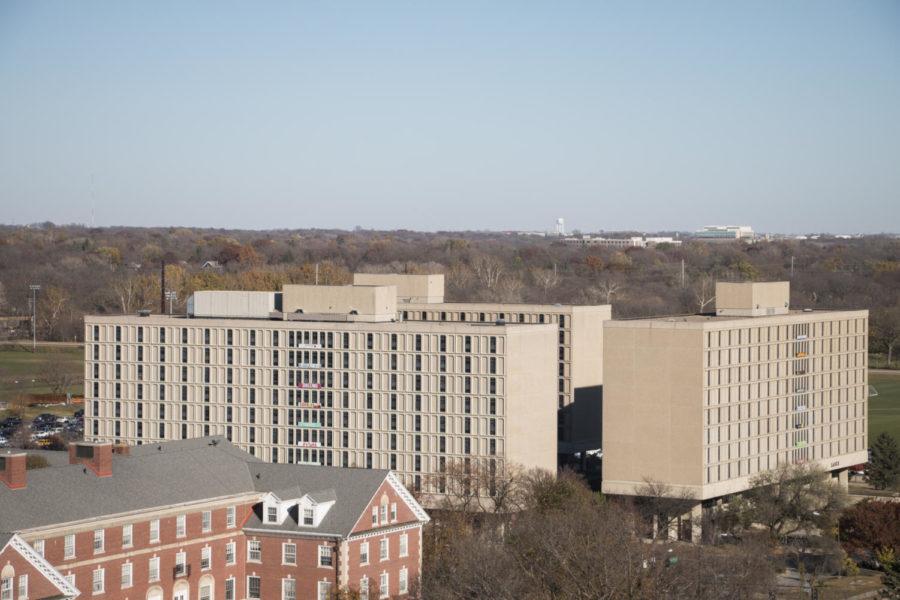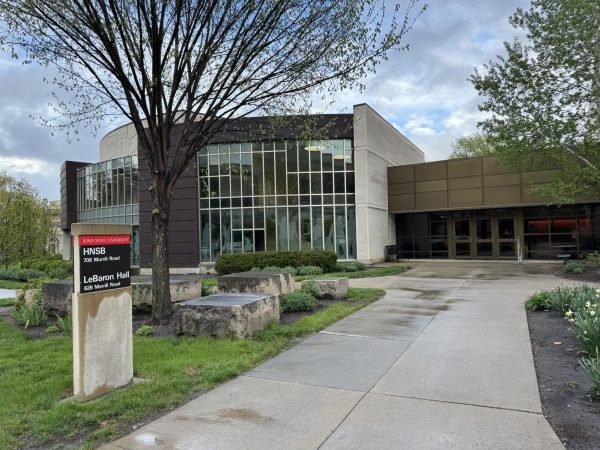Iowa State alumnus talks open access in science fields
Collin Maguire/ Iowa State Daily
Tom Schenk delivers a lecture on open science principles Tuesday in the Pioneer Room of the Memorial Union. The lecture is a part of “Open Access Week” at Iowa State.
October 22, 2019
Tom Schenk, former data chief officer for the city of Chicago, addressed a crowd late Thursday as part of “Open Access Week” at Iowa State.
The University Library is putting on multiple lectures and events throughout the week to celebrate “Open Access Week,” a week dedicated to showing students campus services that are accessible to help make their work open access.
Shenk began his discussion by discussing the idea of open access.
“It’s a concept of being able to access published results,” Shenk said. “That means you can go read a journal report without having to pay for it.”
Shenk discussed the importance of having access to these files in science-related fields. In many cases, science research is funded by the government and therefore by taxpayer dollars, and having access to those files can be important to the public.
“People need to be able to access those results to understand how to make their world better,” Shenk said, “When those files are behind paywalls, it limits the abilities that researchers, such as myself, are able to see those results so that we are able to use them.”
As the former chief data officer for Chicago, Shenk touched on some of his past projects during his lecture. He discussed projects ranging anywhere from food poisoning rates in Chicago to E. coli levels in beaches in the Chicago area.
A lot of the research that went into the E. coli project was not done by paid employees of the city of Chicago, Shenk said.
“This project was primarily done by volunteers,” Shenk said. “They came and used data that was available to them and because the model performed well, they gave that code to the city of Chicago and it is currently still used by the city of Chicago.”
Allowing people who are volunteers to offer their time and their energy can have very significant results on projects.
“So many young people who are in college can make a big impact, especially if policymakers and people in the government are willing to let people do something and change something,” said Tiffanie Stone, graduate student in natural resource ecology and management.
Schenk said other communities and cities can adopt the same algorithms and codes to help their communities succeed too.
“Open science itself is a community; it’s about building data to continually improve and create,” said Nur Sachleben, junior in integrated studio arts.

















